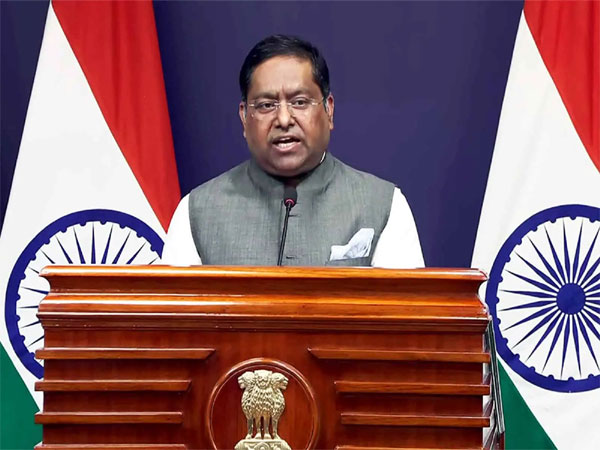Daijiworld Media Network - New Delhi
New Delhi, Sep 20: India has expressed concern over the potential humanitarian consequences stemming from the United States' decision to implement a steep $100,000 annual fee on H-1B visa holders starting September 21. The Ministry of External Affairs (MEA) on Saturday said the move could disrupt families and urged the US to address these concerns appropriately.
In a statement, MEA spokesperson Randhir Jaiswal said that the full implications of the measure are still being assessed by stakeholders, including Indian industry, which has already provided preliminary analysis to clarify common misconceptions about the H-1B program.

"The Government has seen reports related to the proposed restrictions on the US H-1B visa program," Jaiswal noted. "Skilled talent mobility and exchanges have significantly contributed to innovation, technology development, and economic growth in both countries."
He added that both Indian and American industries have a shared interest in promoting innovation and are expected to engage in consultations on the best way forward. The strong people-to-people ties and mutual economic benefits, Jaiswal emphasised, should remain at the centre of any policy deliberations.
"This measure is likely to have humanitarian consequences by way of the disruption caused for families. The government hopes that these disruptions can be addressed suitably by the US authorities,” the MEA said.
Sources confirmed that the Indian government is in close communication with its embassy in Washington and is consulting with industry bodies, including the National Association of Software and Service Companies (Nasscom), to gauge the broader impact.
Industry analysts suggest the new visa costs will likely hit US companies hardest, as many rely on Indian professionals for specialised tech roles. Experts also predict this may accelerate the establishment of Global Capability Centres (GCCs) in India, as companies seek to mitigate talent shortages in the US caused by the fee hike.
Currently, Indian nationals make up the largest share of H-1B visa holders, followed by Chinese professionals.